Freedom and the Fourth of July
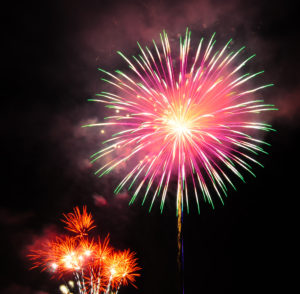 This weekend, the United States celebrated the 244-year anniversary of its independence. Gone (with one notable exception—at Mt. Rushmore) were the huge gatherings of people watching fireworks displays. Gone (mostly) were the overcrowded beaches and the holiday-sale-stocked malls. Some of us had smaller social distancing bar-b-ques in our backyards. Others watched the exciting debut of Hamilton on Disney+. However you celebrated, I think it’s fair to say that this year was a very different 4th of July than most of us have ever experienced. And for me, it truly was the first 4th that I wasn’t focused on the day’s plans but turned an eye to where we are as a country.
This weekend, the United States celebrated the 244-year anniversary of its independence. Gone (with one notable exception—at Mt. Rushmore) were the huge gatherings of people watching fireworks displays. Gone (mostly) were the overcrowded beaches and the holiday-sale-stocked malls. Some of us had smaller social distancing bar-b-ques in our backyards. Others watched the exciting debut of Hamilton on Disney+. However you celebrated, I think it’s fair to say that this year was a very different 4th of July than most of us have ever experienced. And for me, it truly was the first 4th that I wasn’t focused on the day’s plans but turned an eye to where we are as a country.
In past summers, I didn’t spend much time on the 4th thinking of who we are as a nation. This year, I’m consumed by it. At 244 years, it seems we are in the throngs of a painful—and much overdue—identity crisis.
Who Are We America? Who Would We Like to Be?
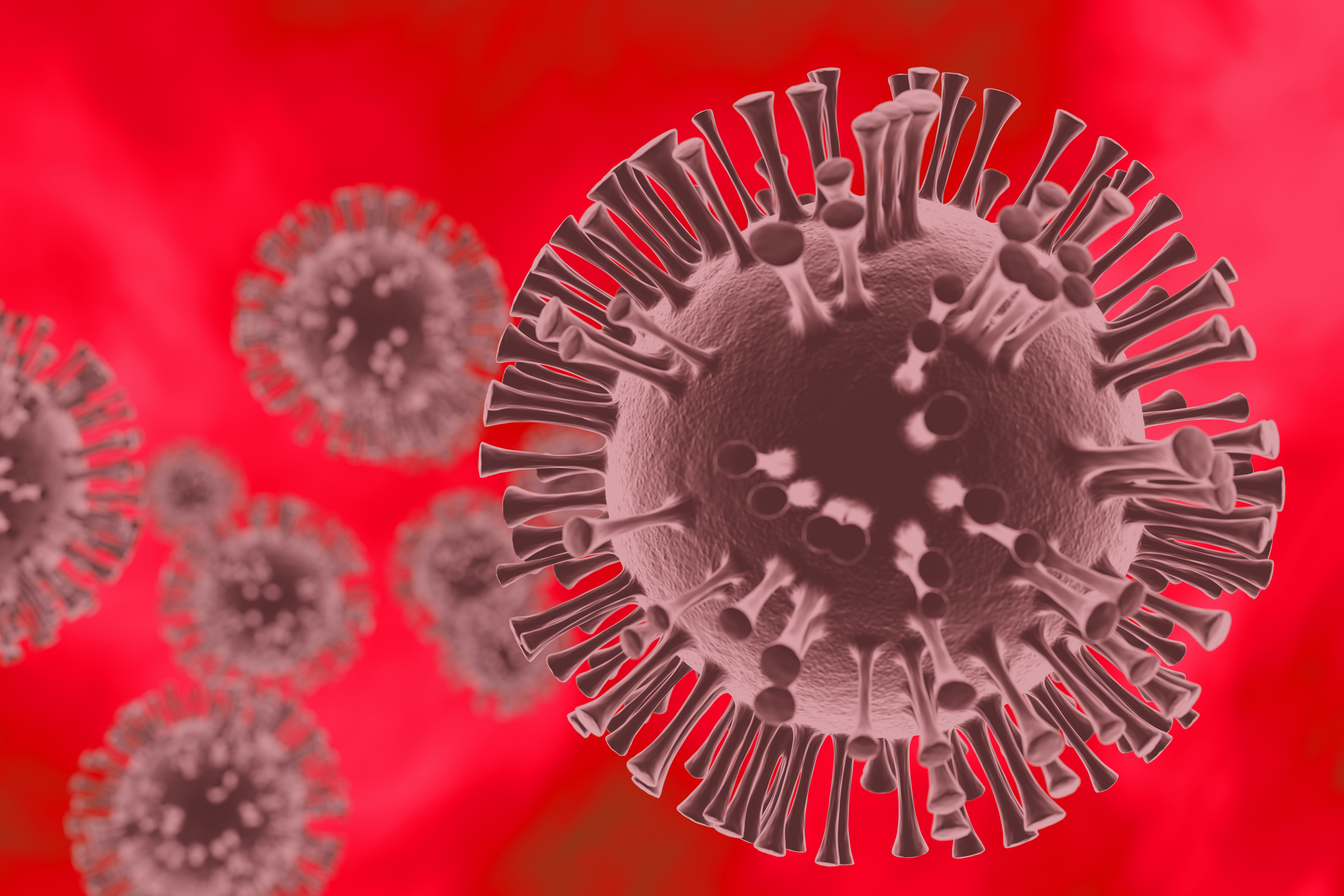 Enter 2020. We knew, at its start, that we’d be faced with a critical election come November, that walking into a voting booth this time around would be making a clear statement about who we are and who we want to become. But, no one could have known that other challenges would soon rock our country to the core. First the pandemic. As winter rolled into spring, COVID hit our country hard and dramatically changed life as we’d known it. Then came the deaths of Ahmaud Arbery, Breonna Taylor, George Floyd, one after the other, at the hands of police or former officers. Blacks and others of color have always lived—and died—with the fear of police violence. But the criminal loss of these three young lives—against the backdrop of so many others, both named and unnamed—finally woke up much of White America as well.
Enter 2020. We knew, at its start, that we’d be faced with a critical election come November, that walking into a voting booth this time around would be making a clear statement about who we are and who we want to become. But, no one could have known that other challenges would soon rock our country to the core. First the pandemic. As winter rolled into spring, COVID hit our country hard and dramatically changed life as we’d known it. Then came the deaths of Ahmaud Arbery, Breonna Taylor, George Floyd, one after the other, at the hands of police or former officers. Blacks and others of color have always lived—and died—with the fear of police violence. But the criminal loss of these three young lives—against the backdrop of so many others, both named and unnamed—finally woke up much of White America as well.
Who Are We America? What Do We Truly Stand For?
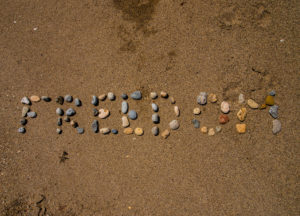 On this holiday, freedom certainly comes to mind. Equality too. But what does freedom really mean? And what responsibilities come hand-in-hand with freedom—or need to. I’m afraid we’re living in a George Orwell world that not only resembles his 1984 in ways that make one shudder but also reflects one of his most famous quotes, this one from Animal Farm. I’m paraphrasing here: All people are equal, but some are more equal than others.
On this holiday, freedom certainly comes to mind. Equality too. But what does freedom really mean? And what responsibilities come hand-in-hand with freedom—or need to. I’m afraid we’re living in a George Orwell world that not only resembles his 1984 in ways that make one shudder but also reflects one of his most famous quotes, this one from Animal Farm. I’m paraphrasing here: All people are equal, but some are more equal than others.
COVID-19. The pandemic is real. At this writing, it has taken upwards of 130,000 lives in our country alone, a staggering number that, terrifyingly, continues to grow by the day. Yet, I cannot help but also think of the pandemic as a metaphor. While COVID itself has literally taken lives, it has also brought to consciousness the widespread moral viruses that have stripped marginalized people of their fullest lives for too long.
Which Values, America, Truly Live in Our Hearts?
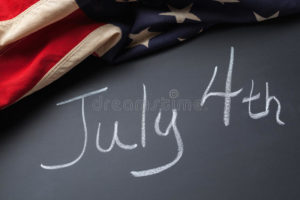 I think most of us would say we value life. But do we? Would I be far off if I riffed on George Orwell and said that all lives are valued, but some are more valued than others?
I think most of us would say we value life. But do we? Would I be far off if I riffed on George Orwell and said that all lives are valued, but some are more valued than others?
We may speak in terms reflecting virtue, but, too often, our actions don’t correspond with our words. How do we show that we value the elderly, the homeless, the disabled, the men and women behind bars?
The pandemic has shone a hot light on inequality and racism. Disparities based on race and class abound when it comes to available, quality health care, and, as a result, in underlying medical conditions. Positive COVID cases—and deaths—are much more prominent in Black communities and other communities of color than they are among the White population. And then there are the low-wage earners, the workers who keep our economy going, keeping shelves stocked (including toilet paper) and delivering groceries and Amazon packages to our doorsteps. These workers put themselves in harm’s way, so we don’t have to venture out and expose ourselves to the virus.
Freedom for Whom?
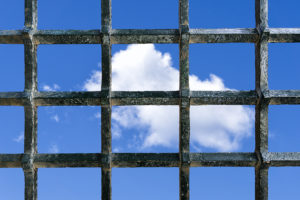 Privilege. During the pandemic, privilege has raised its ugly head in a manner that’s impossible to ignore. Even the ability to social distance is a privilege. When you live in a small apartment with several family members, sometimes encompassing several generations, social distance is simply unattainable.
Privilege. During the pandemic, privilege has raised its ugly head in a manner that’s impossible to ignore. Even the ability to social distance is a privilege. When you live in a small apartment with several family members, sometimes encompassing several generations, social distance is simply unattainable.
Safety. For some people, the necessity of wearing masks has been removed from the medical discussion and has, instead, been conflated with a restriction on their freedom. One misguided “freedom fighter” at a Palm Beach County Commissioners workshop responded to a recent mandate requiring mask-wearing in public with this:
“I don’t wear masks for the same reason I don’t wear underwear. Things gotta breathe.”
Breath. There’s been lots made of breath lately—and of not being able to breathe. And I’m not talking about the “freedom” to wear or not wear a mask. Choke holds. Being shot while on a daily run. Being shot while sleeping in your own bed. Doesn’t freedom inherently include the freedom to breathe, to right to live?
Independence and Protecting Each Other
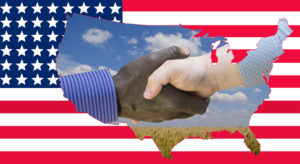 Fourth of July. Independence Day. What does independence mean? My dear friend who lives in upstate New York forwarded me an email she received from Antonio Delgado, a U.S. representative of New York’s 19th Congressional District. In that email, Delgado highlights a perspective on independence that too many Americans have forgotten: “The Declaration of Independence ends with, ‘[W]e mutually pledge to each other our Lives, our Fortunes and our sacred Honor.’”
Fourth of July. Independence Day. What does independence mean? My dear friend who lives in upstate New York forwarded me an email she received from Antonio Delgado, a U.S. representative of New York’s 19th Congressional District. In that email, Delgado highlights a perspective on independence that too many Americans have forgotten: “The Declaration of Independence ends with, ‘[W]e mutually pledge to each other our Lives, our Fortunes and our sacred Honor.’”
While our nation declared its independence from Britain 244 years ago, we are not each an island, floating in our own small sea. Delgado challenges his constituents to take the pledge to “each other,” so eloquently laid out in the Declaration, seriously:
“It is that pledge to each other that we all can recommit to this weekend — that as Americans, our lives are bound up in each other’s. To love this country means to love the people in it and to protect each other.”
Protect each other. I like the sound of that.
Great Great Great Great Grandchildren
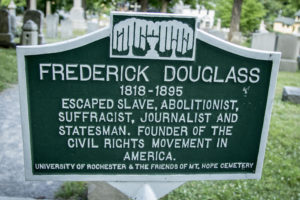 On July 5, 1852, Frederick Douglass gave one of his most famous speeches “What to the Slave is the Fourth of July.” Several of Douglass’s decedents—his great, great, great, great grandchildren—gave a powerful reading of sections of the speech.
On July 5, 1852, Frederick Douglass gave one of his most famous speeches “What to the Slave is the Fourth of July.” Several of Douglass’s decedents—his great, great, great, great grandchildren—gave a powerful reading of sections of the speech.
Here are just a few of Douglass’s stirring words:
“This is the 4th of July. It is the birthday of your national independence and political freedom…
The freedom gained is yours; and you, therefore, may properly celebrate this anniversary. I am not included within the pale of this glorious anniversary! Your high independence only reveals the immeasurable distance between us. The blessings in which you, this day, rejoice, are not enjoyed in common…The rich inheritance of justice, liberty, prosperity and independence, bequeathed by your fathers, is shared by you, not by me. The sunlight that brought life and healing to you, has brought stripes and death to me. This Fourth [of] July is yours, not mine. You may rejoice, I must mourn.”
It is hard not to mourn the fact that so much of this speech still rings true today.
There is Hope
Douglass’s great, great, great, great grandchildren added some of their own words after they completed the reading.
Here’s 15-year old Isidore Dharma Douglass Skinner: “Somebody once said that pessimism is the tool of White oppression. I think that’s true. I think in many ways we are still slaves to the notion that it will never get better. But I think that there is hope and I think it’s important that we celebrate Black joy and Black life and we remember that change is possible, change is probable, and that there’s hope.”
“Change is possible, change is probable … there’s hope.” Those inspiring words bear repeating.
My next blog post is scheduled to be an interview, but in the one after that, I plan to examine some avenues for change, for harnessing that hope and turning it into action. I certainly don’t have the answers—I am learning along with every one of you. But we are in an amazing time, both full of difficult challenges—and unique opportunities. I am listening to the voices of those who have been active in the fight against racism and inequality for quite some time, to the voices of those most directly impacted, to incredibly creative, determined people who are—and have been—prioritizing change.
We as Americans are in the midst of a critical identity crisis. We are clearly at a crossroads. Who are we and who do we want to become? Which path will we take?
As always, I’d love to hear your thoughts. How has 2020 changed you? How will you change the world?
Please leave a comment or send me an email.
See you July 20th!
XOXO
Diane



Thank you Diane. The pledge to be each other’s keepers in America is very powerful. The US would be a very different place if this was recited in the pledge of allegiance, if we all embraced this idea that we are responsible for each other.
Thanks, Sarita, and I couldn’t agree more! The US would be a very different place if this was recited in the pledge of allegiance, if we all embraced this idea that we are responsible for each other.” Amen to that!!
There’s an interesting article in the NY Times today written by a descendant of Thomas Jefferson who would like to see his monument in DC taken down and erect one to Harriet Tubman instead. This is for sure a time of reckoning and redefining America’s identity.
Thanks for sharing this, Isidra! Here’s the link: https://www.nytimes.com/2020/07/06/opinion/thomas-jefferson-memorial-truscott.html
Thanks Diane for this post. So many good questions for us to ponder.
What do we value? I’m wondering if someone was looking at my life,
would they be able to tell what I value? I hope so.
Thank you, Nicky. Interesting question you add to the mix.
Beautifully conceived and written, Diane.
Our church’s Zoom used the following two videos yesterday. I look forward to your further thoughts.
https://www.youtube.com/watch?v=y0CpVSvhFeo
https://www.youtube.com/watch?v=D_tcZAqQUAg&list=PLFpDooTtpwGfZLcD5ZyH7abU0IocHXiPL&index=2
Thank you, Greta. And thanks for those links. Words have power, but music and pictures often say it all.